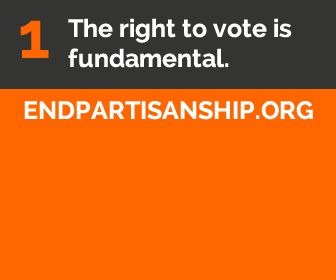Editor's Note: The purpose of this article is to highlight a fundamental flaw with the survey. Because of how the questions were asked, poll takers did not encourage respondents to consider all the variables in an election -- only how things are at face value.

